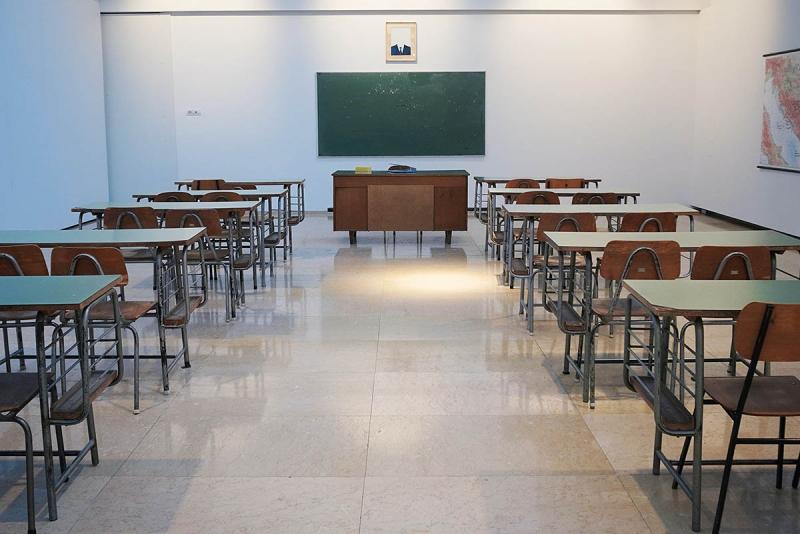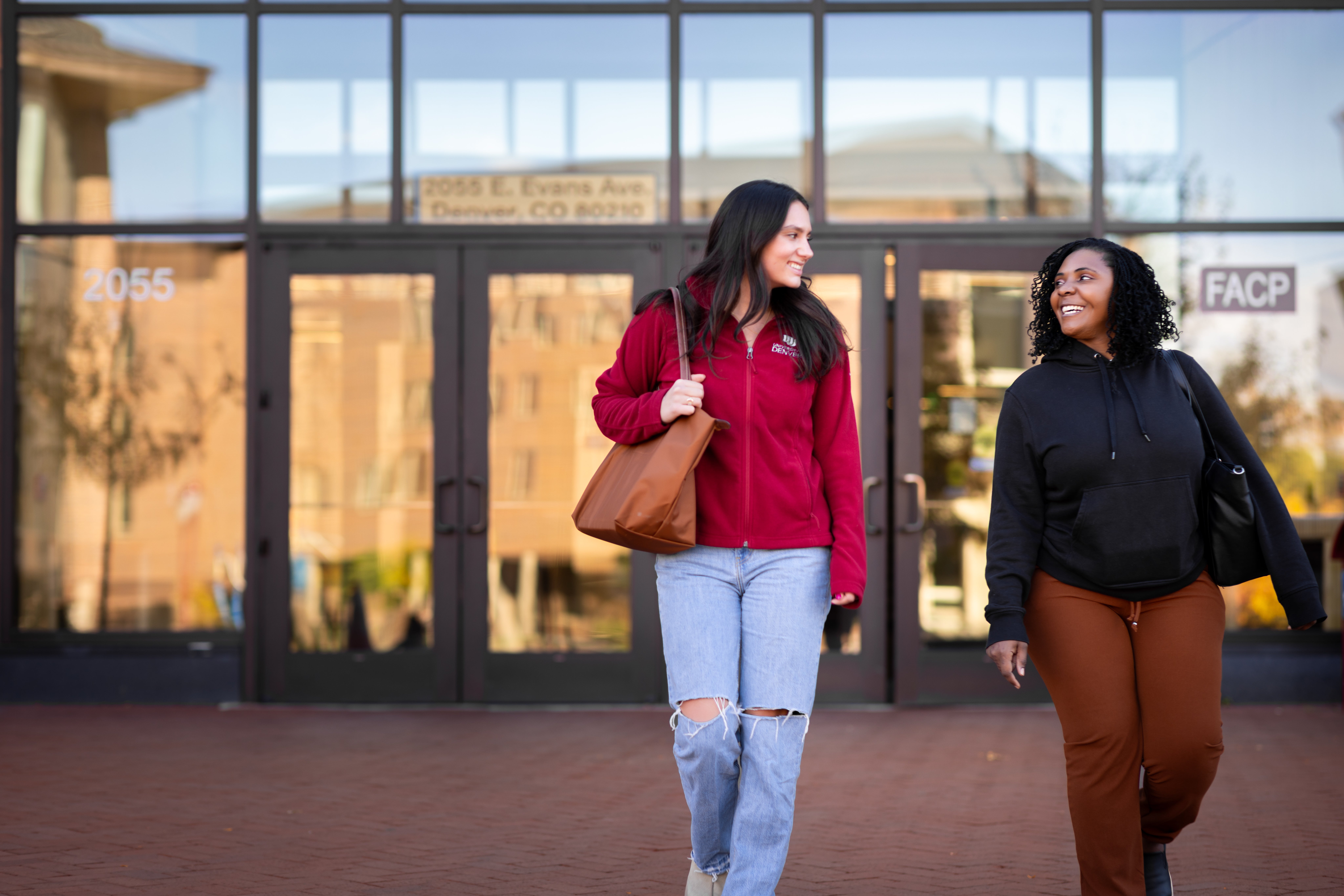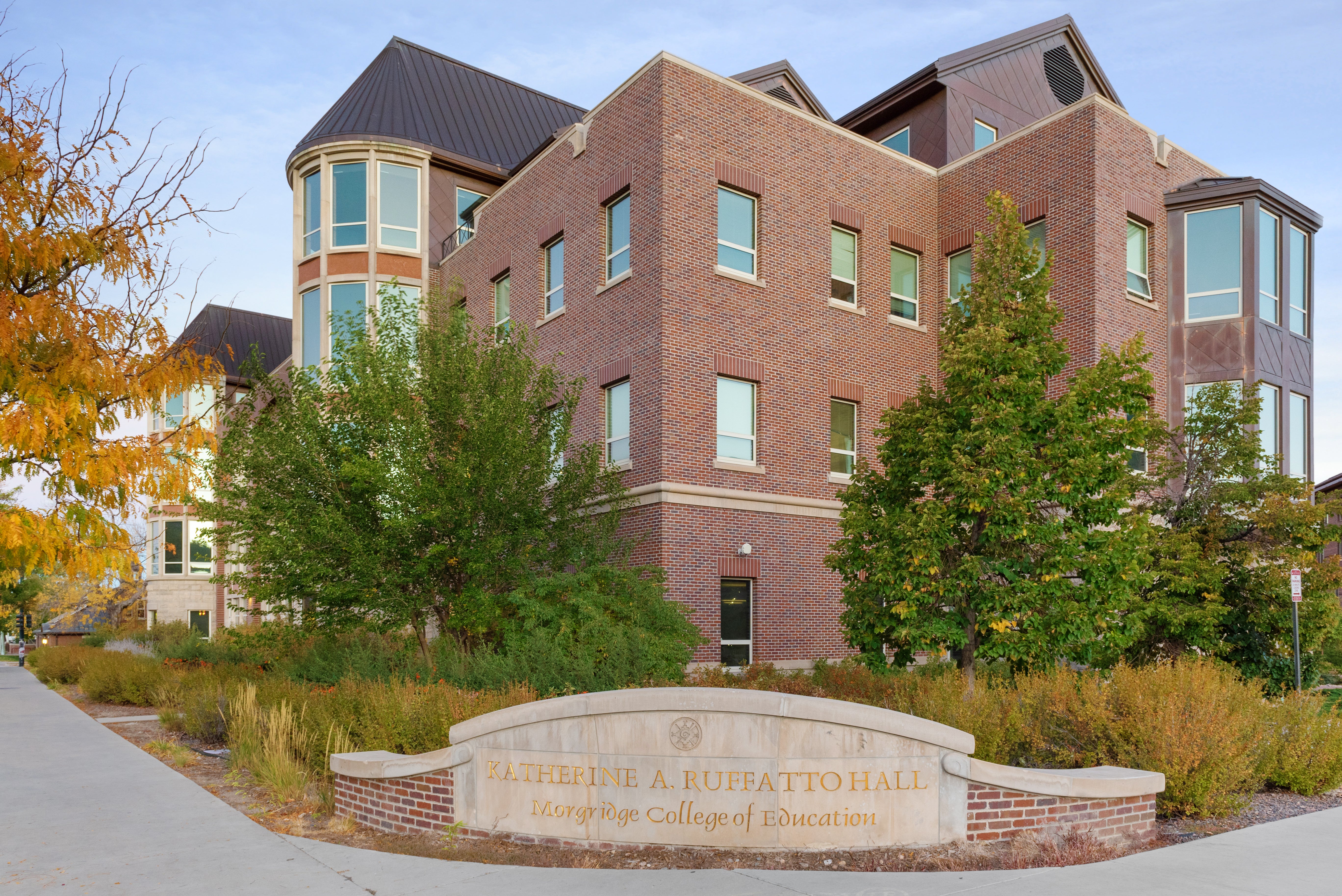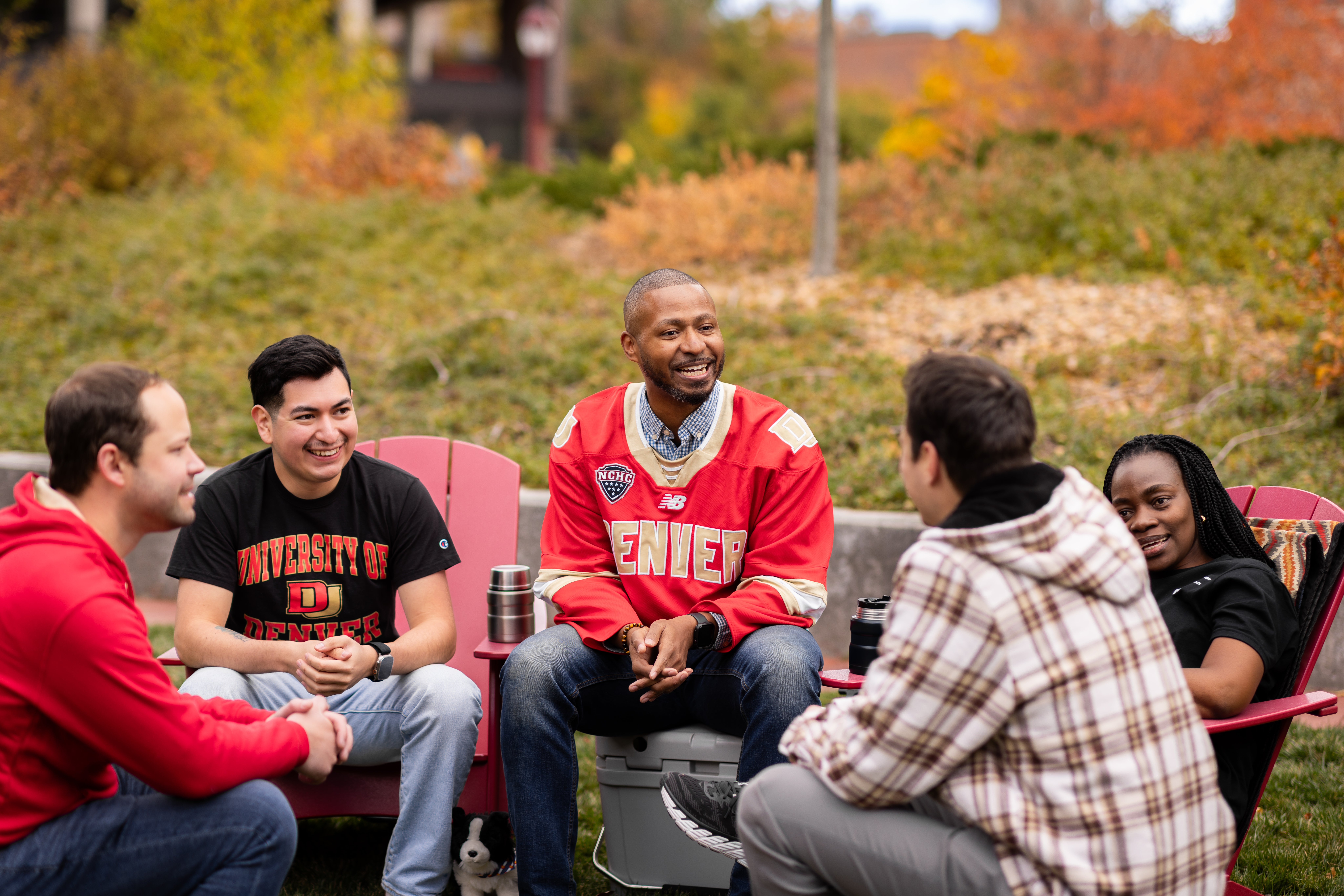Bold Vision for Addressing Educator Shortage Allows Morgridge College of Education Students to Thrive

In the aftermath of a worldwide pandemic, as many industries face both new and compounding challenges, Colorado has taken a bold step to address the state-wide teacher shortage: giving students who are training to be teachers an influx of cash—a measure aimed at alleviating the financial burden of student teaching.
It’s called the Student Educator Stipend Program. The program awards money to students who meet need-based requirements to compensate them for their clinical experience. Individuals receive up to $11,000 for a 16-week residency and up to $22,000 for a 22-week residency.
Around 700 candidates across the state of Colorado participated in the 2022-23 program, and at the Morgridge College of Education, 64 students were able to participate thanks to a $1.4 million grant.
“It’s very difficult for students to have other jobs [while student teaching],” says Dean Michelle Knight-Manuel. “It lessens the impact of your academic residency. These funds are to help students focus and concentrate.”
To gain a greater understanding of the impact of the program, Morgridge surveyed the recipients, and the results, Manuel says, were staggering.
Marie Moore says the stipend is the reason she left graduate school debt-free.
“We [teach] because we love the profession and the students,” says Moore. “Having more financial security frees us to do so with less stress and worry.”
The impact isn’t only financial. It builds confidence, too.
In 2020, Essance Cordova was five months pregnant when she lost her job due to COVID-19. She knew she wanted to go back to school, but as life started to change, she didn’t know if it was feasible.
Cordova, who was living in Yoder, a rural town about an hour from Colorado Springs, was initially nervous about feeling connected. Not only did she feel like she belonged in the classroom, but she also encountered her first professor of color, an experience missing at her previous institution.
“I loved this program and being a part of this community. This stipend has been very helpful in many ways, and now I am able to build something for my son that I never had,” Cordova says.
Right now, the program is federally funded as part of the American Rescue Plan Act. Manuel’s vision is to see this program become a permanent fixture in Colorado, which would require funding by the state. Manuel is working on a plan to show legislators why their support is needed.
“The professions we’re talking about are the professions that are the bedrock of our nation,” Manuel says. “We’re talking about really supporting and diversifying the workforce in the state of Colorado, which is really one of the Governor’s top priorities. We feel we’re absolutely contributing to the public good.”


